Dec 21st 2022 - Monica Cunanan
How Long Can Coffee Sit Out?
You must have at least once drunk a diner coffee made from stale grounds, or perhaps you've sipped from the coffee cup left on the kitchen counter all night. We've gotta admit: whether we knew it or not, we have all consumed stale coffee at some point in our lives. But is it secure, and could this possibly endanger us? Read on to find out!
How Long Can Coffee Sit Out?

Fresh coffee that has been freshly brewed can only be left at room temperature for 30 minutes without significantly losing flavor and is still safe to consume after 24 hours though the coffee would start to taste bitter and have odd flavors.
However, hot coffee with milk, creamer, or almond milk should not be left out for longer than one to two hours, so if your latte or cappuccino has been sitting on the counter for more than two hours, remember to discard it.
Black coffee that has been freshly made is typically kept in the refrigerator for a week, but after making a batch of cold brew, it is advised to drink it within 10 to 14 days.
Coffee flavors depend on the type of storage container you use, whether you store them at cool temperatures or refrigerate them.
Read More: How Many Shots Of Espresso Is Too Much?
The lifecycle of leftover coffee
If you leave your coffee out for too long, it will eventually spoil. However, "becoming bad" means different things to different people. For instance, some people will throw away food that has passed its "best before" date. However, if the food smells and appears good, some individuals will check it and use it for an additional week.

Some people will tell you not to store their coffee after they brewed it because it loses its flavor. Some people will drink their entire pot of coffee each day without refrigerating it. However, others will brew a full pot of coffee and consume it throughout the entire week (without keeping it in the refrigerator).
Each element that leads to the deterioration of your coffee will be discussed below.
Bid adieu to flavor
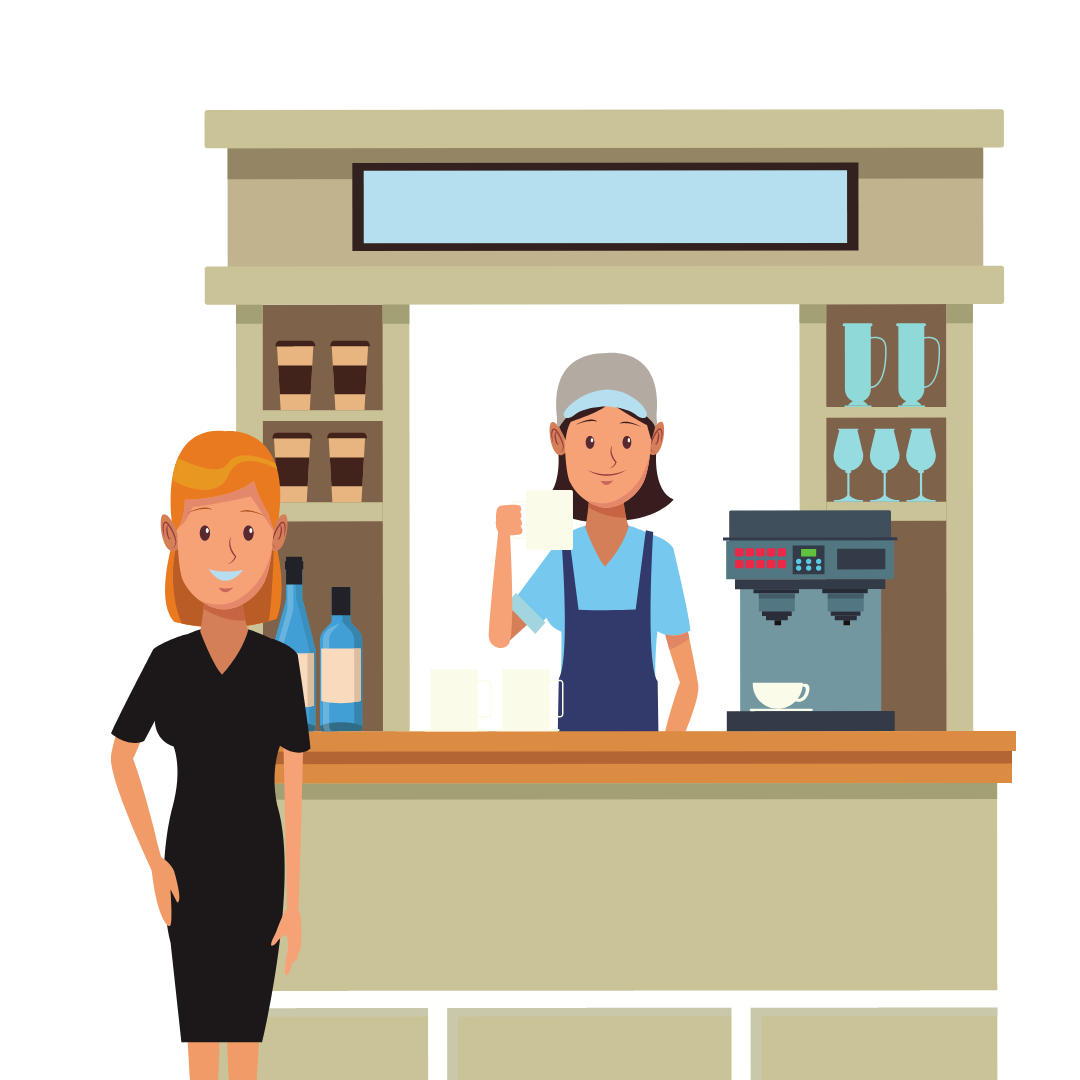
Oxidization is one of the quickest processes that can occur in leftover coffee. The aromatic chemicals in coffee are what give it its incredible flavor. Unfortunately, these "aromas" start to degrade when they come into contact with oxygen. The oxidization process will move along more quickly the hotter your coffee is. Because of this, the ideal amount of time to leave the coffee out and maintain flavor is 30 minutes.
In light of this, reheating coffee in the afternoon encourages even higher oxidation rates. A thermal mug will help retain heat to prevent this from happening because this airtight container lessens oxidation. If you can, place it in the refrigerator. Low temperatures will cause the rate of oxidation to slow down. Even with these precautions, your coffee will unavoidably lose flavor after being brewed and sitting for a while.
Milk Goes Bad
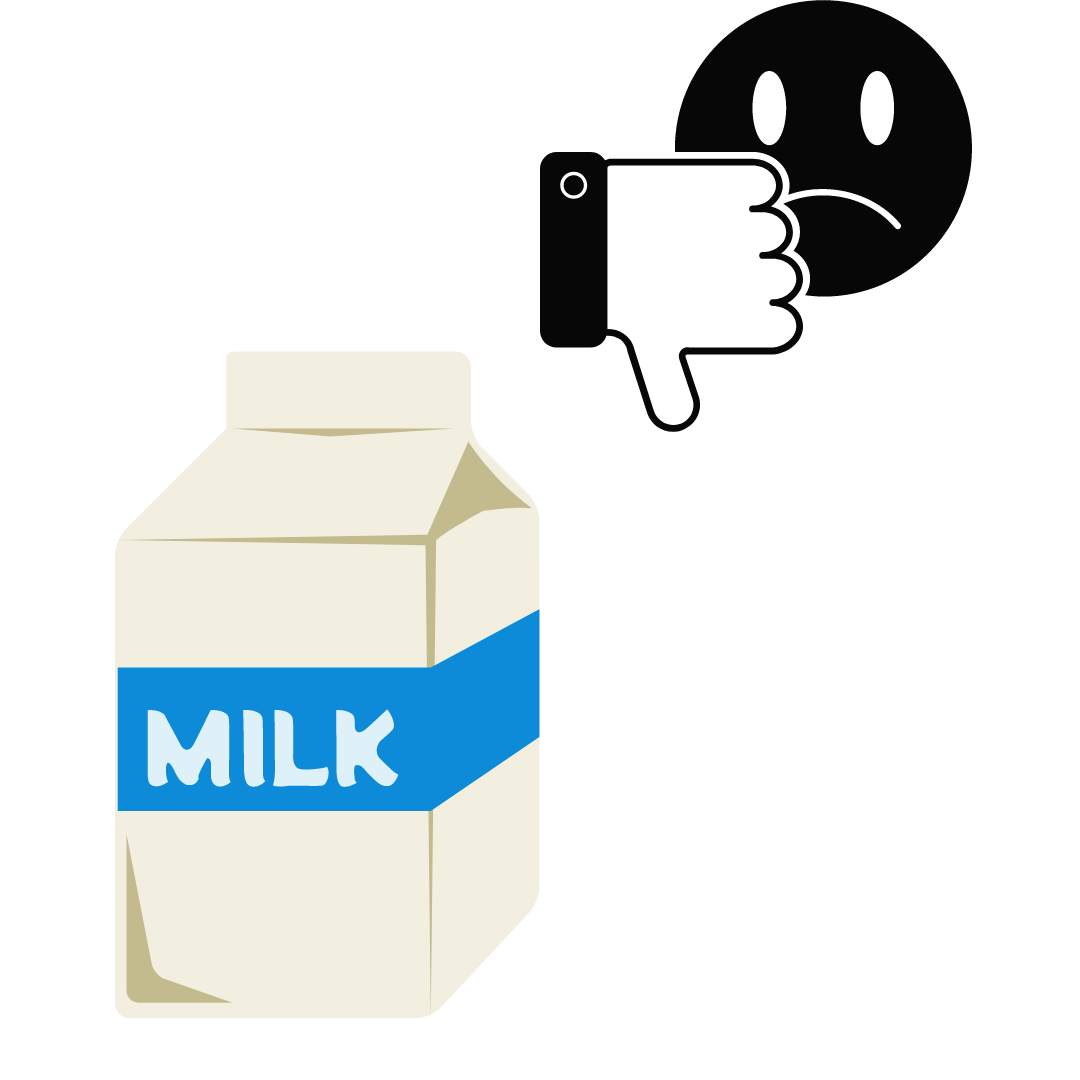
Milk must be kept at a temperature of about 4.4°C to be considered safe because bacteria will start to reproduce quickly if the temperature of the milk and other dairy products rises. You're more likely to become unwell if you ingest it at this moment. This is the reason why the sit-out period for a milk-flavored coffee drink is at roughly two hours when milk is added to coffee.
So how long can oat milk and other substitutes be left out? The same guidelines apply to oat milk due to the way the bacteria dispersed in the milk. Even though non-dairy milk can be left out for longer periods of time, it's preferable to stick to the same guidelines and only add milk to individual mugs while making black coffee as opposed to the entire pot.
Stale oils
Coffee's oils deteriorate after about 4-5 hours. What does this mean, though?
Your coffee's flavor will be substantially altered when this reaction occurs.
An airtight container would prevent this and make sure they keep your brew in the fridge if you want to at least slow down rancidification, you can also pour your beverage into a thermal mug to keep it warm longer.
How Caffeine Survives
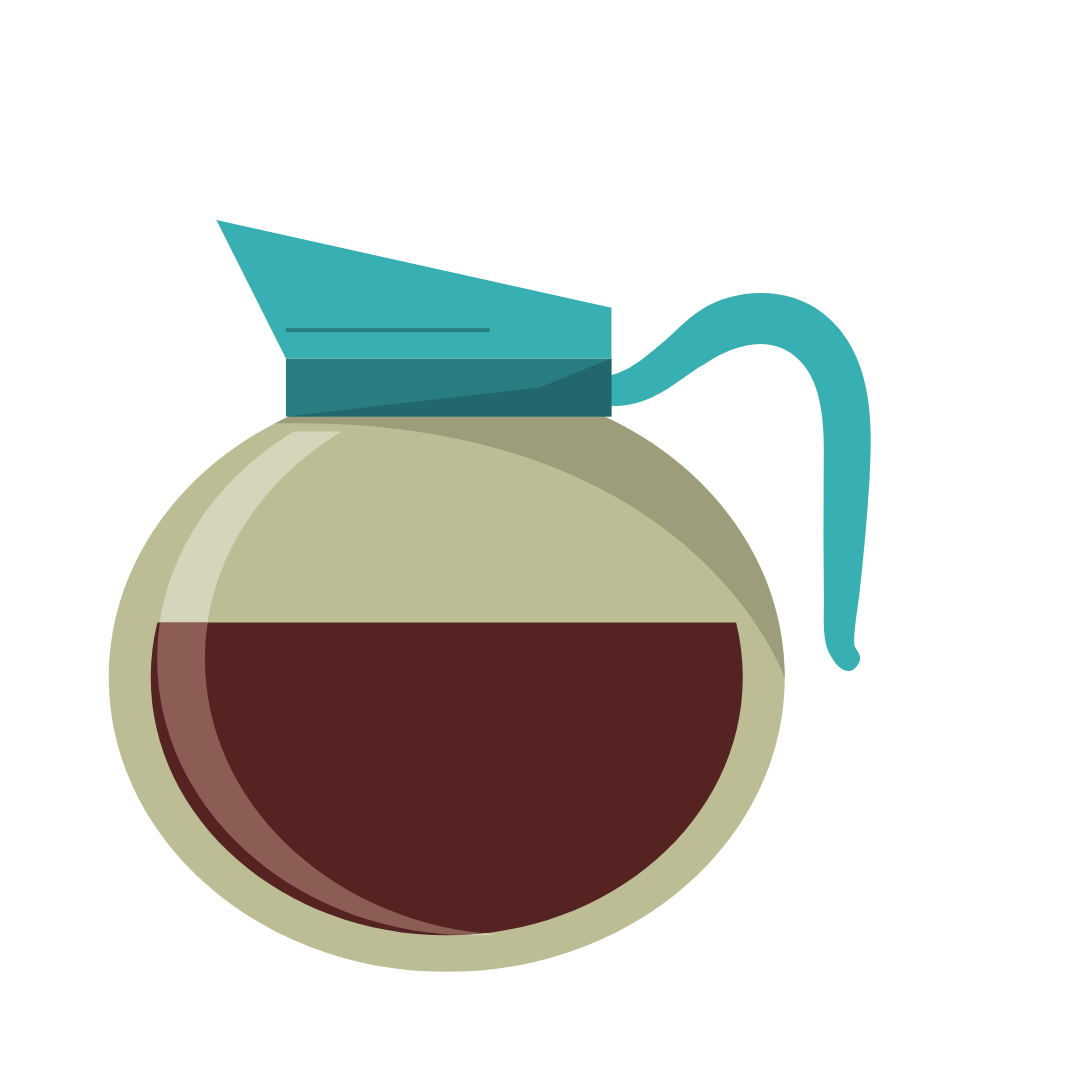
Caffeine will not deteriorate in your leftover coffee even if your coffee has been left out for weeks, you will still get an energetic buzz from it - but it does not suggest drinking coffee this old.
Despite still containing caffeine it will have a high antioxidant level which will break down eventually and your coffee will have caffeine, but it won't hold the same benefits as the original coffee.
The Molding Phase
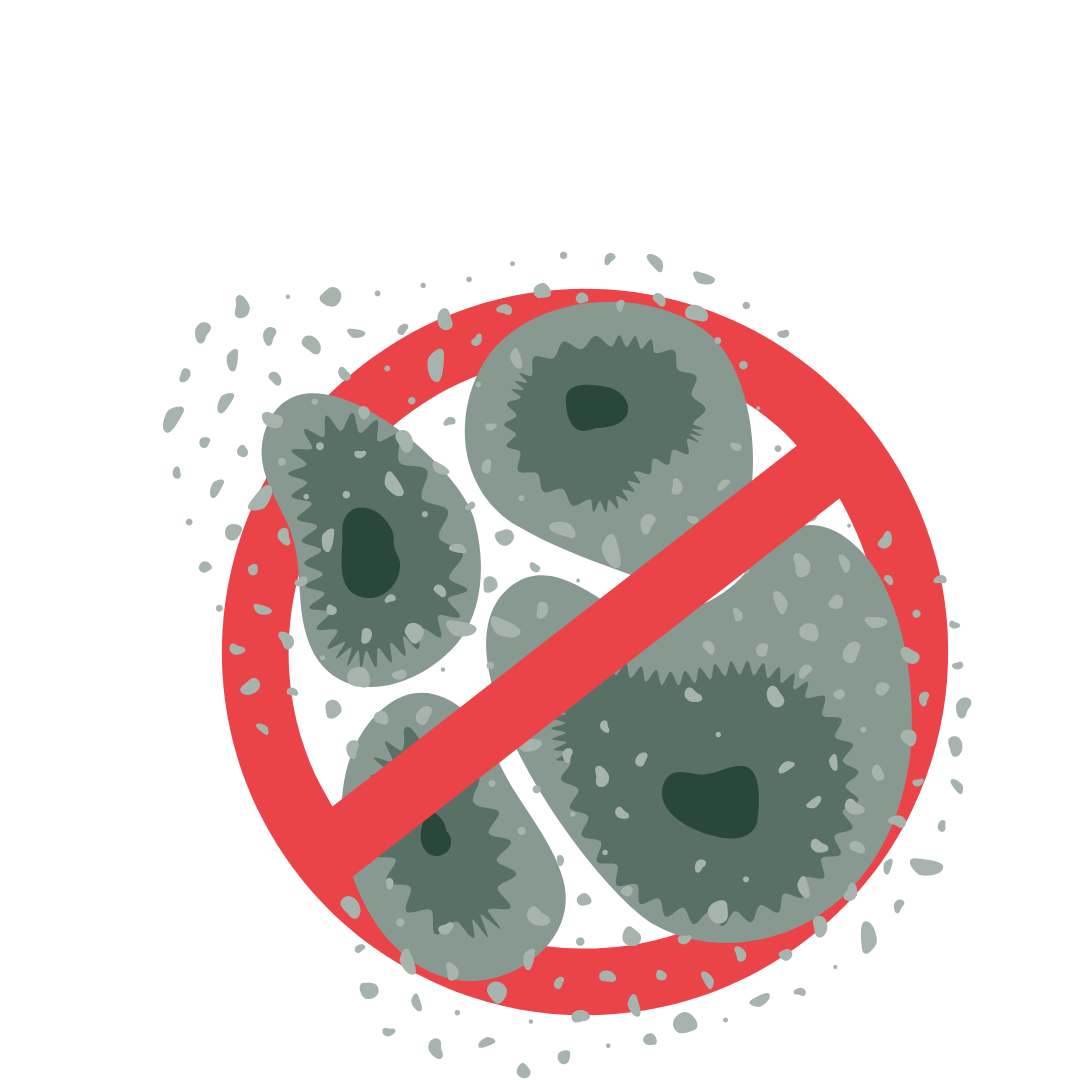
You will eventually observe mold growth on your black coffee over time. You really don't want your black coffee to become moldy coffee. This happens if coffee is left out at room temperature for about a week. Fortunately, because there aren't many proteins or carbohydrates involved in this process, it moves along pretty slowly. It is safe to claim that you can consume day-old coffee without running the risk of consuming a lot of microorganisms.
Despite the fact that coffee takes a very long time to have signs of mold, you should always remember to routinely clean your coffee maker and coffee pot. If you don't wipe out your machine, you're inviting bacterial colonies to settle there and will eventually be swallowing hazardous microorganisms when you pour that hot morning coffee, and you can become ill.
How Does Shelf Life Affect Coffee
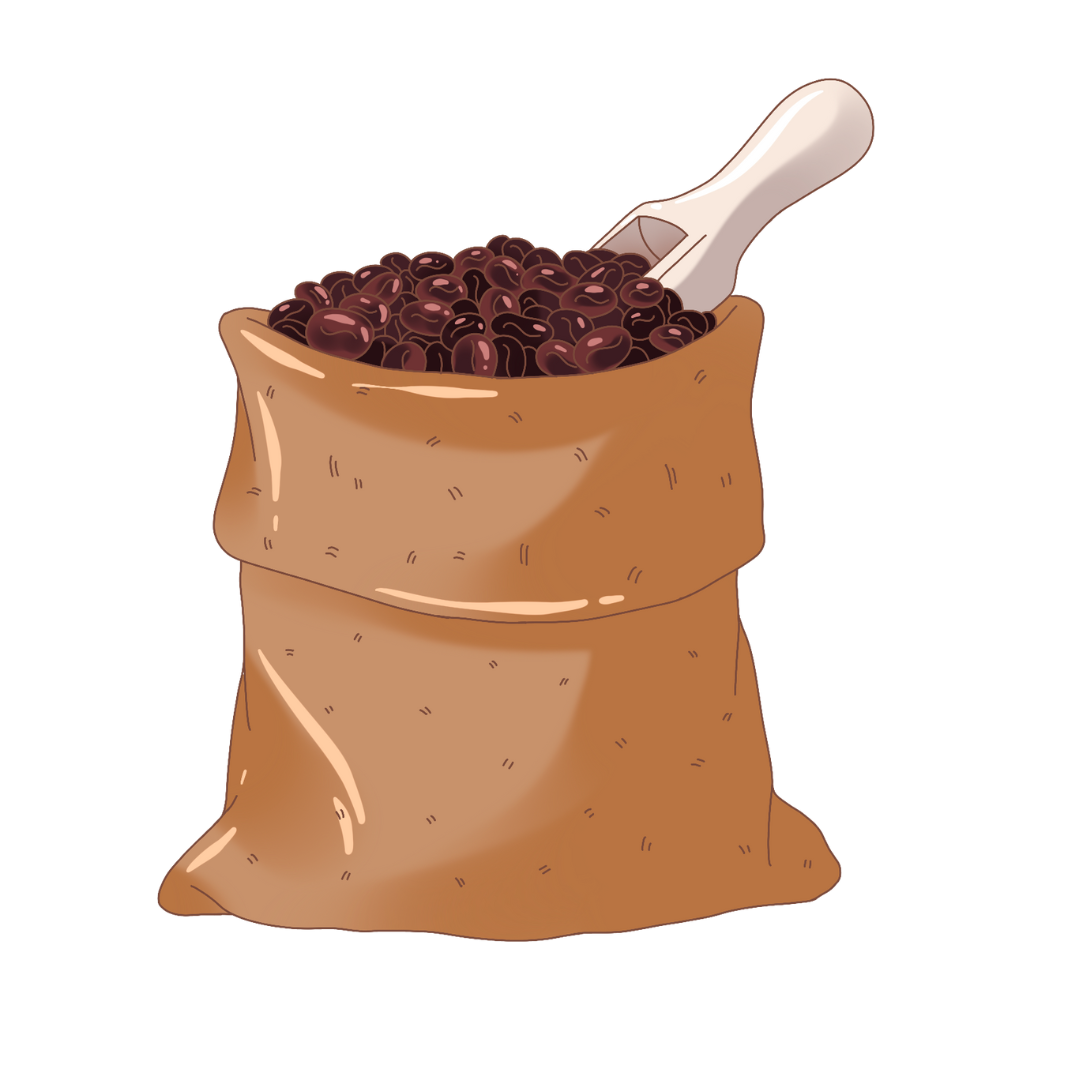
There are many ways to change how long your coffee will last. Coffee from a cold brew coffee maker is one of the best strategies to increase the likelihood that your coffee will survive. A cold brew lasts longer since oxidation isn't accelerated by heat exposure, which prevents heat exposure. Normally, you must keep your cold brew around 4.4°C, the same temperature as milk and you can enjoy your cold brew coffee for up to 14 days if you do this. Keep it for no more than three days if you leave it at room temperature.
Opening a Café Soon?
With this in-depth guide on the science of intake of coffee, you're ready to get started serving up tasty lattes and espressos to customers in your neighborhood. You can also check out this blog about opening cafes to get started. With Culinary Depot, you'll have all the tools you need to start a successful local business. Contact us today!

